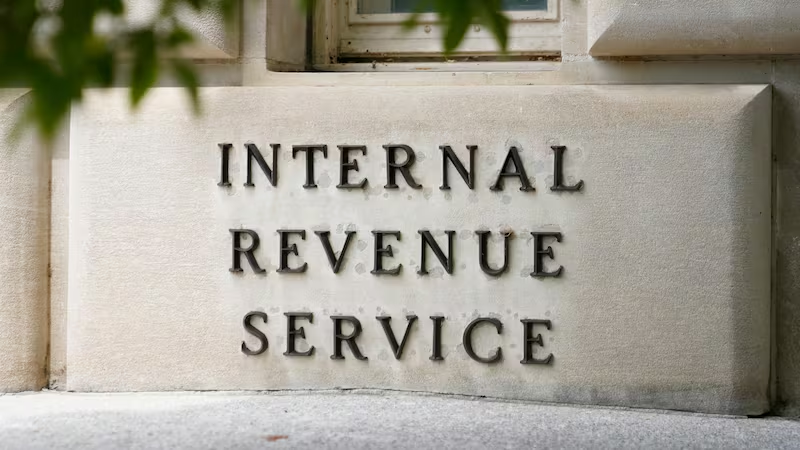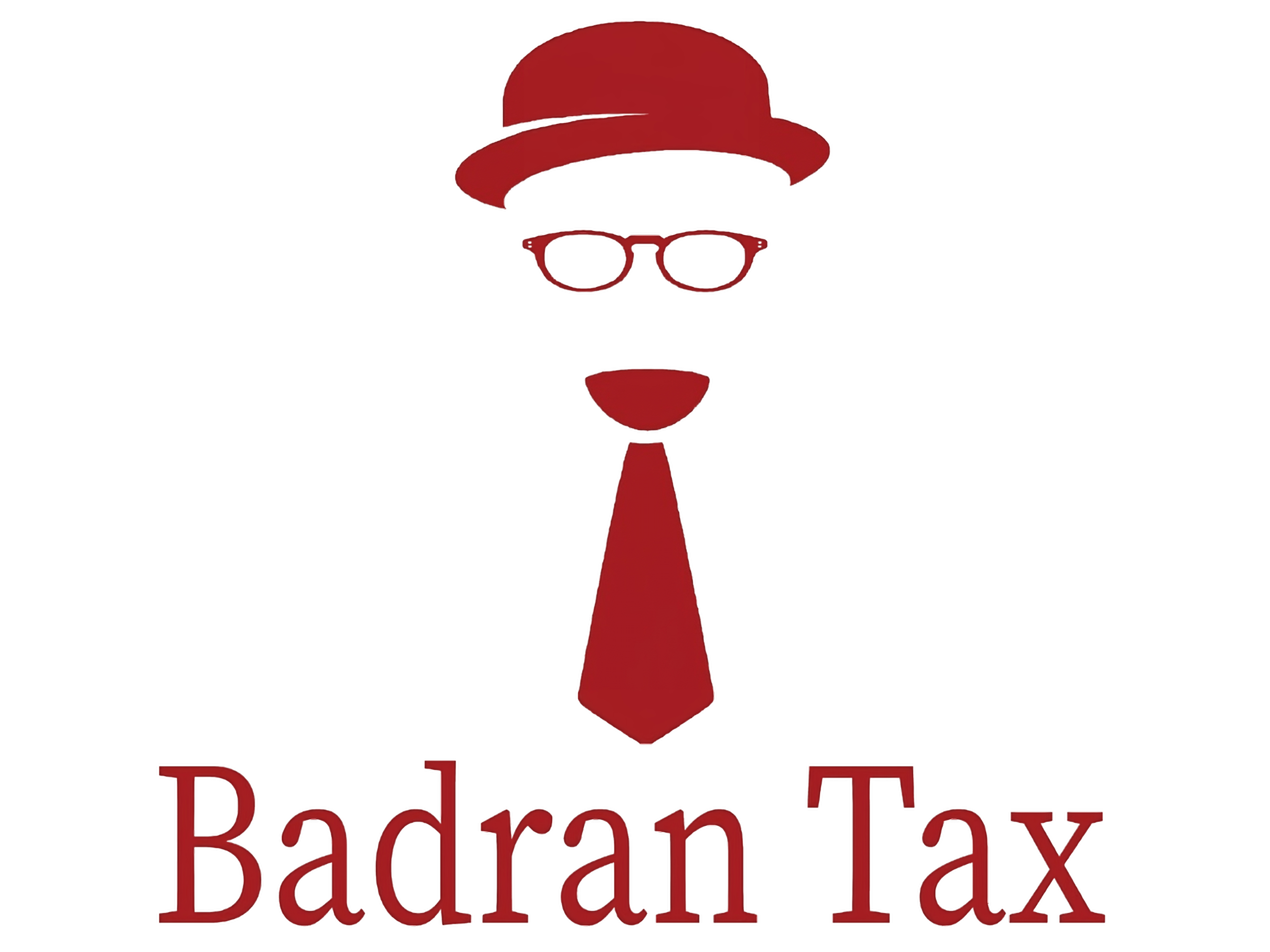As tax season approaches, it’s crucial to stay vigilant against potential scams that can significantly impact your financial health. The IRS has recently issued a nationwide warning about a tax scam involving clean energy credits, specifically known as “basis-shifting transactions.” Let’s explore the details of this scam and how you can protect yourself.
IRS Warning on Tax Scam Involving Clean Energy Credits
The IRS has alerted taxpayers to a scam where unscrupulous tax preparers misrepresent the rules for clean energy credits.
These credits, authorized under the Inflation Reduction Act (IRA), allow for the purchase of eligible federal income tax credits from investments in clean energy to offset a buyer’s tax liability. However, some tax preparers are exploiting this provision, leading taxpayers into claiming credits they are not entitled to, potentially resulting in a larger tax bill.
How This Tax Scam Works
The scam generally targets taxpayers using Form 1040 for their returns. Preparers file returns with individuals improperly claiming IRA credits to offset income tax from sources such as wages, Social Security, and retirement account withdrawals.
However, the rules for these credits specify that they can only be used to offset income tax from passive activities, which include certain trade or business activities and rental activities. Most taxpayers do not have passive income, making them ineligible for these credits.
Potential Consequences
Taxpayers caught in this scam risk being held responsible for repaying the inflated credit amount, plus interest and possible penalties. The IRS is actively monitoring for such scams and emphasizes the importance of consulting reputable tax professionals before claiming complex credits like those for clean energy.
Additionally, the IRS has bolstered its efforts to combat these scams by hiring thousands of new employees. These new hires are part of an expanded enforcement initiative aimed at ensuring compliance and identifying fraudulent activities more effectively. With increased manpower, the IRS is better equipped to scrutinize claims and pursue action against those promoting or using these improper credits.
Steps to Protect Yourself
Here are some steps to ensure you don’t fall victim to this scam:
- Consult a Trusted Tax Professional: Always seek advice from a reputable and experienced tax professional when dealing with complex tax credits.
- Verify Eligibility: Ensure that you meet the eligibility requirements for any tax credits you plan to claim. For clean energy credits, this means having passive income from eligible activities.
- Report Suspected Fraud: If you believe you have been a victim of this scam, report it using the online Form 14242, Report Suspected Abusive Tax Promotions or Preparers, available on the IRS website. You can also mail or fax the form to the IRS Lead Development Center in the Office of Promoter Investigations.
Additional Resources
For more information, visit the following resources:
- IRS Tax Scams and Consumer Alerts
- Inflation Reduction Act of 2022
- Report Suspected Abusive Tax Promotions or Preparers






